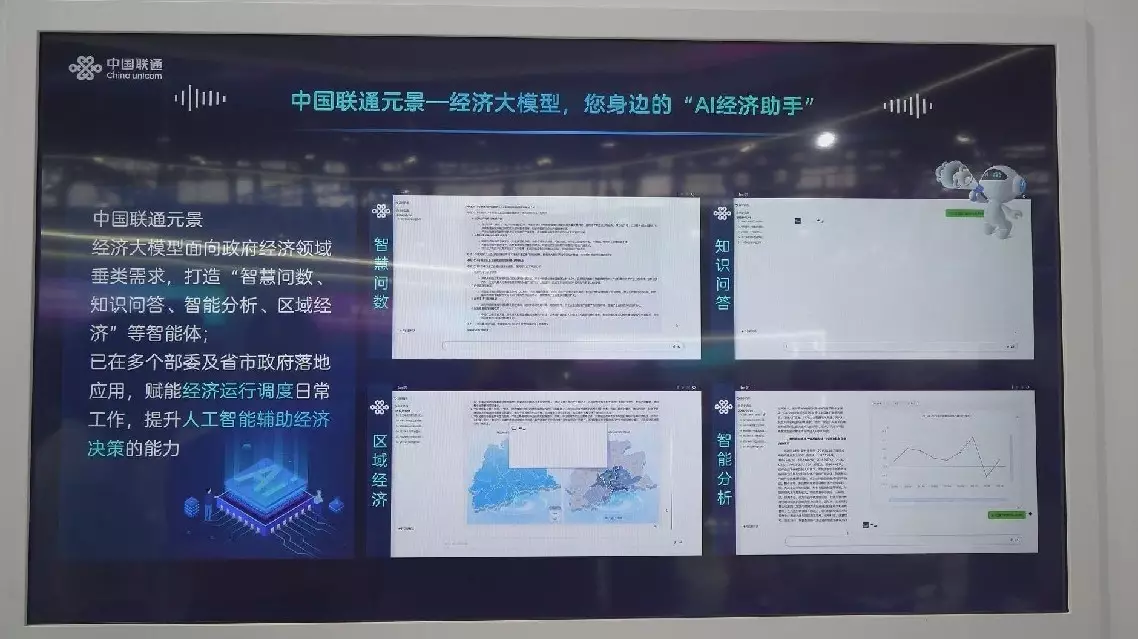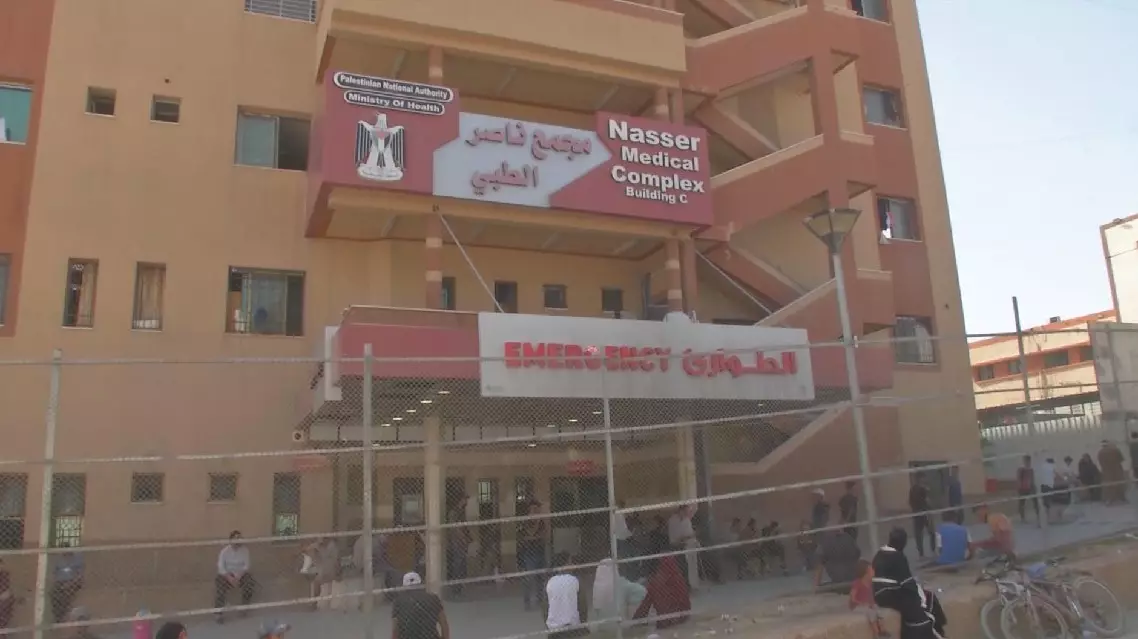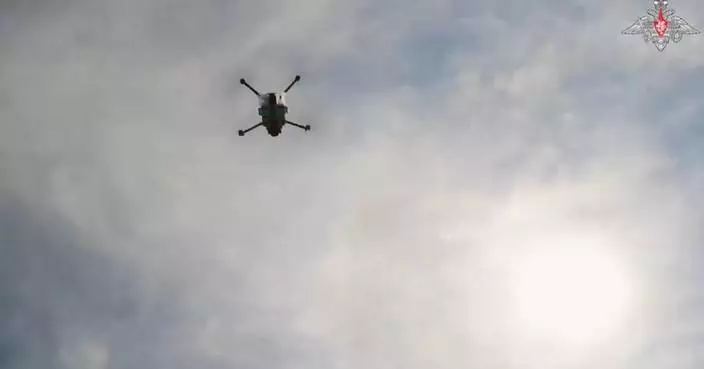China-based inventors have filed the highest number of generative artificial intelligence (AI) patents during the past decade, a report released by the World Intellectual Property Organization (WIPO) showed on Wednesday.
China dominated the field of artificial intelligence patents between 2014 and 2023, filing over 38,000 – six times more than the second-place United States. A total of 54,000 patents were filed for generative AI innovations during the past ten years, with 25 percent of them filed last year alone, the WIPO report said.
The report showed a notable increase in the number of patents related to generative AI in various fields since 2017 following the introduction of deep neural network architectures that power large language models (LLMs). These patents cover many areas, including life sciences, document management and publishing, business solutions, industrial manufacturing, transportation, security, and telecommunications.

China tops WIPO list for generative AI patent filings over past decade
The Nasser Medical Complex in southern Gaza is in an acute shortage of fuel supply, endangering hundreds of lives, including existing patients and the wounded who have been continuously brought in.
The hospital's director of nursing Dr. Muhammad Saqr told China Global Television Network (CGTN) that medical services in several departments have ceased, due to a lack of fuel which powers the hospital's only electricity generator.
"We cut off power to some departments, so that other departments, such as the intensive care unit, the premature infant care unit, and cardiology, can have electricity. Since now, every 500 liters of oil can suffice for two hours, and after two hours, we would be on the verge of a real massacre. Our patients will die from suffocation on their beds. We hope that this terrifying scenario will not happen again, because we saw it happen before when the Israeli army overran the Nasser Medical Complex a few months ago," said Saqr.
The lives of up to 15 infants at the neonatal care unit are relying on continuous electricity supply at the hospital.
Families with sick children spend their days filled with anxiety due to the uncertainty over whether healthcare for their loved ones can continue.
"We have been hearing for four days at the hospital that fuel is running short, and we have begun to notice that electricity is irregular and has gradually begun to decrease in the hospital. In two hours, if there's no fuel supply, there will be a possibility that medical services and oxygen supply will stop. Our child relies on oxygen to live, and this means we will lose him if fuel is not available in two hours," said Muhammad Al-Qad, father of a sick child.
The Nasser Medical Complex is the last remaining major hospital still treating the sick and wounded in the cities of Khan Yunis and Rafah. Most of the other medical facilities in the besieged Gaza Strip have been destroyed throughout the Israeli military operations since October 7 last year.
According to the United Nations Office for the Coordination of Humanitarian Affairs (OCHA), over the past months, the health care system in Gaza has been systematically dismantled -- with 24 hospitals in Gaza now out of service, and with 493 health workers killed in relentless Israeli bombardments.

Patients' lives hang by thread as Gaza's Nasser hospital runs out of fuel










